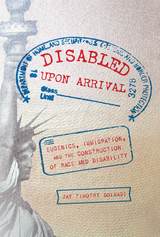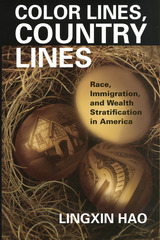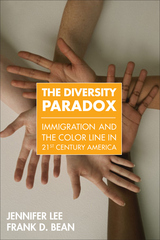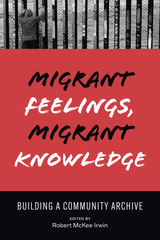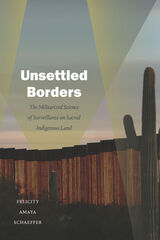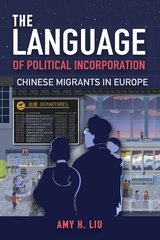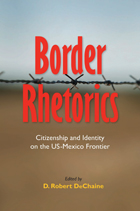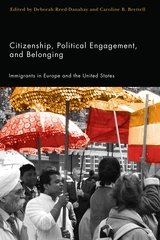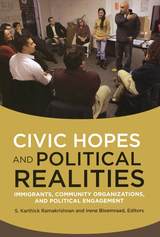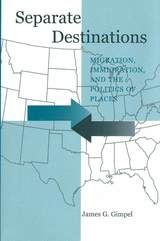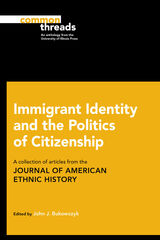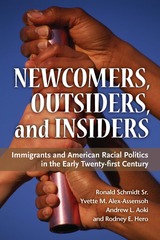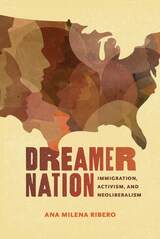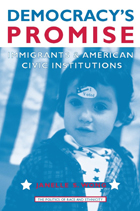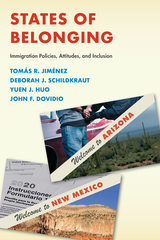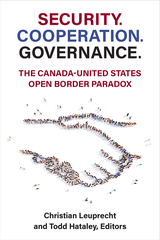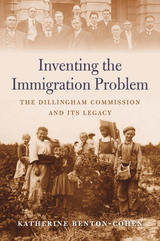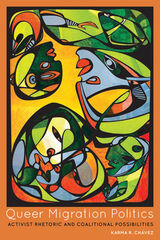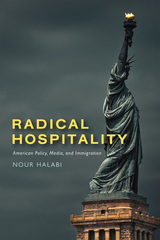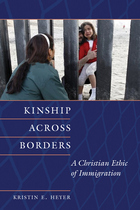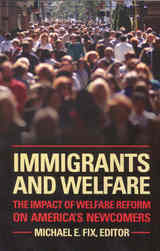A scholarly study of the real roots of what Jacobson calls ‘America’s largely assimilated but ultimately unmeltable ethnics.’ It’s a startling point of view for readers who are accustomed to the self-congratulatory myth of America as a beacon of liberty to which the ‘huddled masses’ of the world look with longing.
-- Jonathan Kirsch Los Angeles Times
Interest in the ways homeland allegiances and feelings of peoplehood have influenced American ethnic political behavior…is long standing among diplomatic and ethnic historians… Matthew Frye Jacobson’s original, well-conceived work decisively moves the subject from the realm of politics to the new cultural history. Light is shed on an old subject, which, now freshly illuminated, is revealed to be far more laden with significant meanings than one might have thought… In reconceiving the subject of the international politics of ethnic groups, Jacobson forms a dynamic conceptual grid at the juncture of nationalism, race, and gender. His understanding of the importance of whiteness in rooting the ethnics’ own emergent American identities and in complicating their understanding of the experience of victimization leads to the deft analytical maneuver that forms the center of the book: the presentation of Irish, Polish, and Jewish responses to the Spanish–American War and, in its wake, the American acquisition of a colonial empire in Asia and the Caribbean… [T]his is a pathbreaking, intelligent book that deserves a wide reading, both for what it reveals about American ethnicity and for its contributions as an analytical model.
-- David A. Gerber American Historical Review
Most recently scholars like Thistlethwaite, Nugent, and others have depicted the migration as an international and global phenomenon, viewing the movement as a dispersion to many lands, a diaspora. Matthew Josephson follows this latest trend of placing migration in a world context. His work, Special Sorrows, highlights the importance of the national homeland in the minds of newcomers and thereby makes a substantial contribution to our understanding of American immigrant adjustment… His comparative approach and his linguistic feat are admirable. As a result the reader comes away with the surprising insight that ethnic nationalism was important well beyond the traditional patriotic societies… The work will also intrigue its audience from its employing the latest feminist or gender theory on nationalism.
-- Victor R. Greene American Jewish History
Jacobson is a remarkable kind of historian, as comfortable with the subtle analysis of literary texts as in tracing the complex historical paths of nationalism through diverse groups.
-- Eric Homberger American Studies in Europe
This interesting book provides what in effect is a revisionist approach to the history of immigration to the United States, by examining the continuing connection to their homelands of immigrants who were Irish, Polish, and Jewish, and by examining their reactions to changes in American foreign policy.
-- Historical Journal of Massachusetts
This innovative work should encourage more study of ‘the psychodrama of exile’ and its contribution to the fashioning of the world’s most powerful and perhaps most perplexing nation… This is a rich and relevant study.
-- International Minds
[This] study…marks another milestone in the swerve away from the balkanization of United States history… Carefully written with reliance on Irish, Polish, and Yiddish sources, with a keen eye to differences within each group, this book deserves a careful reading by those interested in the separate identities of immigrant groups and how their feelings about their homelands affected their ongoing struggles in the United States.
-- Mark Wyman Journal of American History
Special Sorrows deserves the praise heaped upon it by commentators on the book jacket. It is an original, spacious, extremely well-written and often brilliant analysis of the ways in which the ethno-Americanization of Irish, Polish, and Jewish immigrants intersected with their old country nationalist aspirations. Mastering an extraordinary range of sources in the experience of each group—literary, theatrical, the press, and political speeches—Jacobson shows how the nationalism of each group in exile was often intensified by its contact with America… Only Jacobson has taken on the exploration of how ethnic group national liberation movements intersect with the process of Americanization itself, and he has done it for these otherwise notably different groups in a persuasive and fascinating way.
-- Lawrence H. Fuchs Studies in Contemporary Jewry
Jacobson’s pathbreaking and provocative book focuses on the continuing Old World attachments of America’s Irish, Polish, and East European Jewish immigrants. Using an impressive array of foreign-language sources, Jacobson demonstrates that nationalist images rooted in the Old World suffused both popular and literary immigrant culture… Innovative in both his comparative approach and in his reading of sources… One of the most significant studies of immigrant life in many a year.
-- J. D. Sarna Choice
Matthew Jacobson’s pace-setting cultural study of three turn-of-the-century immigrant communities shows how the imagination of countries of origin shaped the consciousness of Irish, Polish, and Eastern European settlers. In a masterful analysis of their writings and other forms of cultural expression, he reveals the ways in which their preoccupation with a homeland (in the case of Jews, an imagined homeland), their consciousness of themselves as exiles, created a new and complex kind of almost imperialist surveillance of the world they had left behind, a perspective on national others that has become part of modern American consciousness, as today’s headlines suggest.
-- William R. Taylor, New York University
A fresh, original, insightful, and strikingly ambitious effort to reexamine the nationalist impulse in America from the 1840s to our own day as mirrored in the experiences of three carefully selected groups. Inspired by a shift in perspective in the study of immigration and ethnic history, Jacobson has ventured to do the first comparative study of the common culture of an American ethnopolitical moral consciousness as shaped by the psychodrama of exile.
-- Moses Rischin, San Francisco State University
Imaginatively conceived, gracefully written, and persuasively argued, this book makes a major contribution.
-- David M. Emmons, University of Montana

